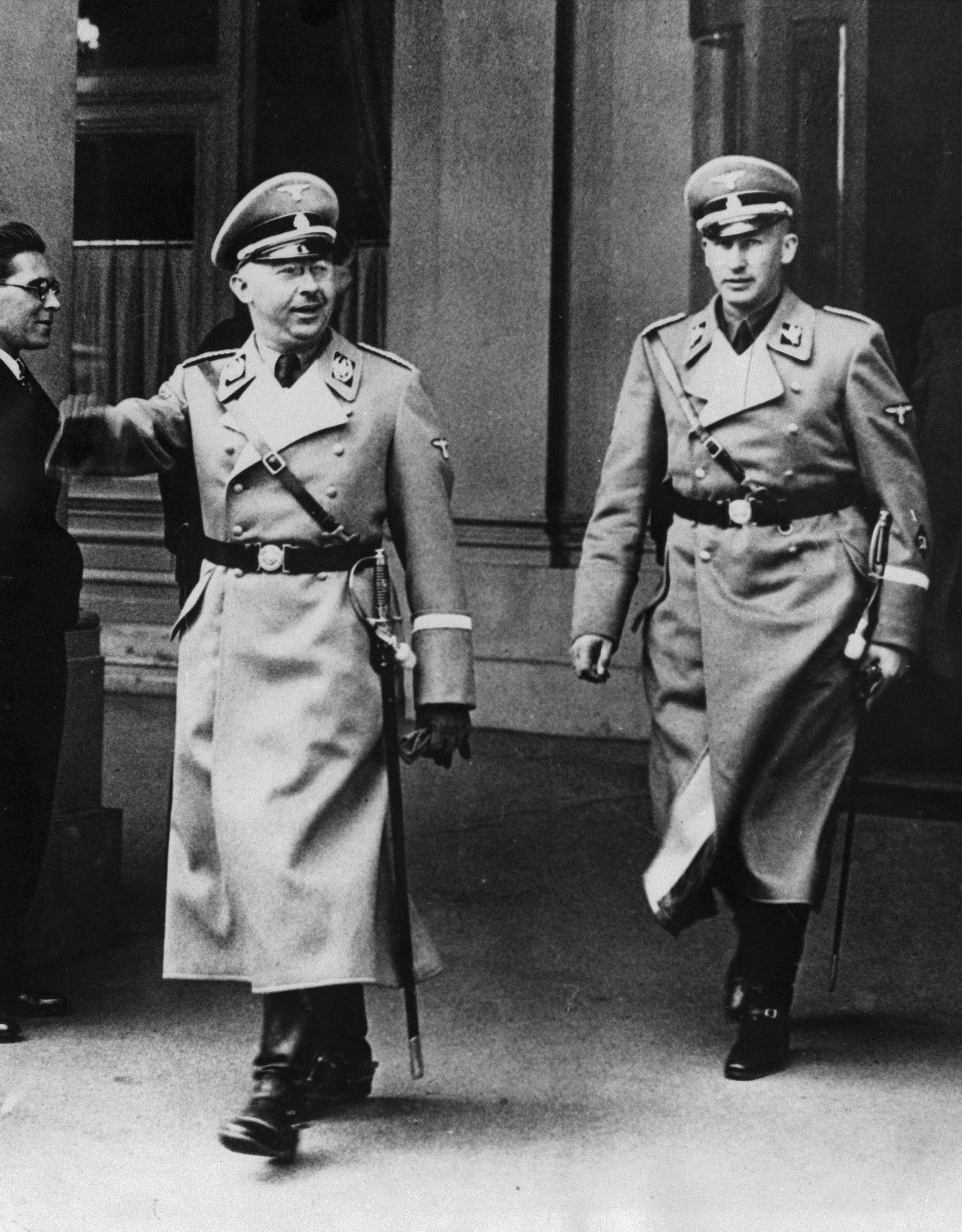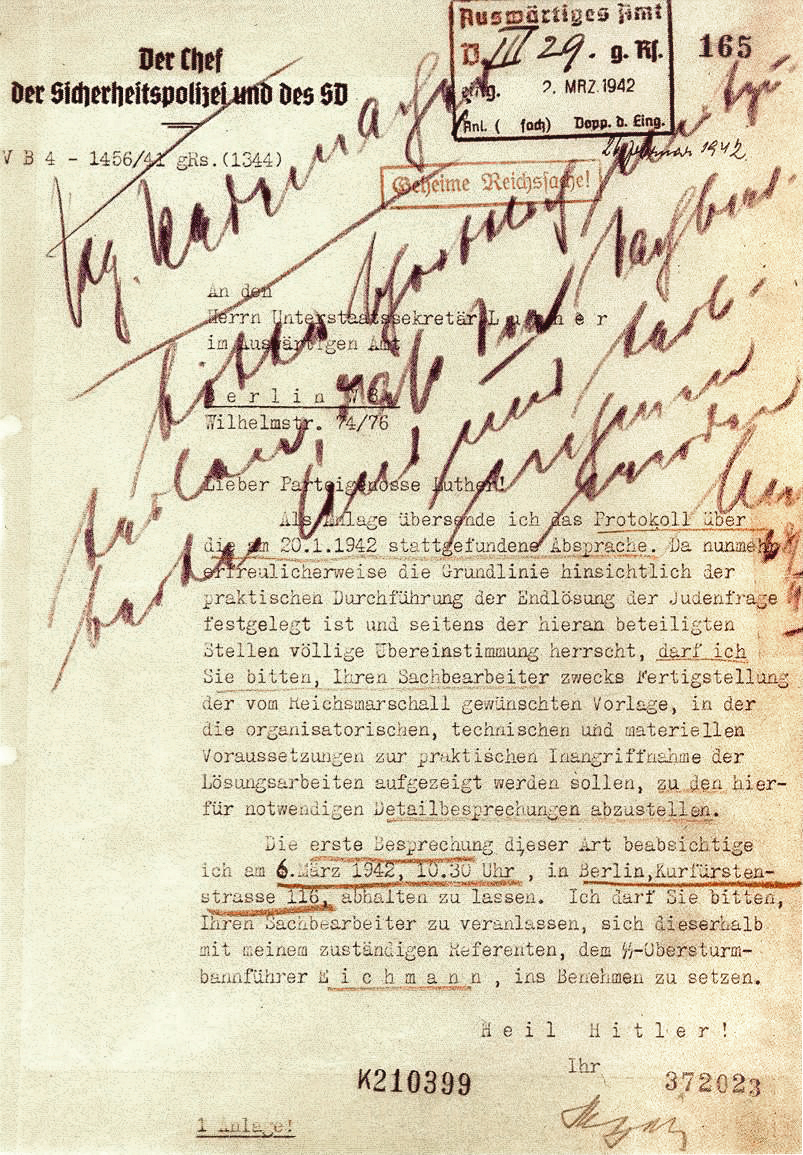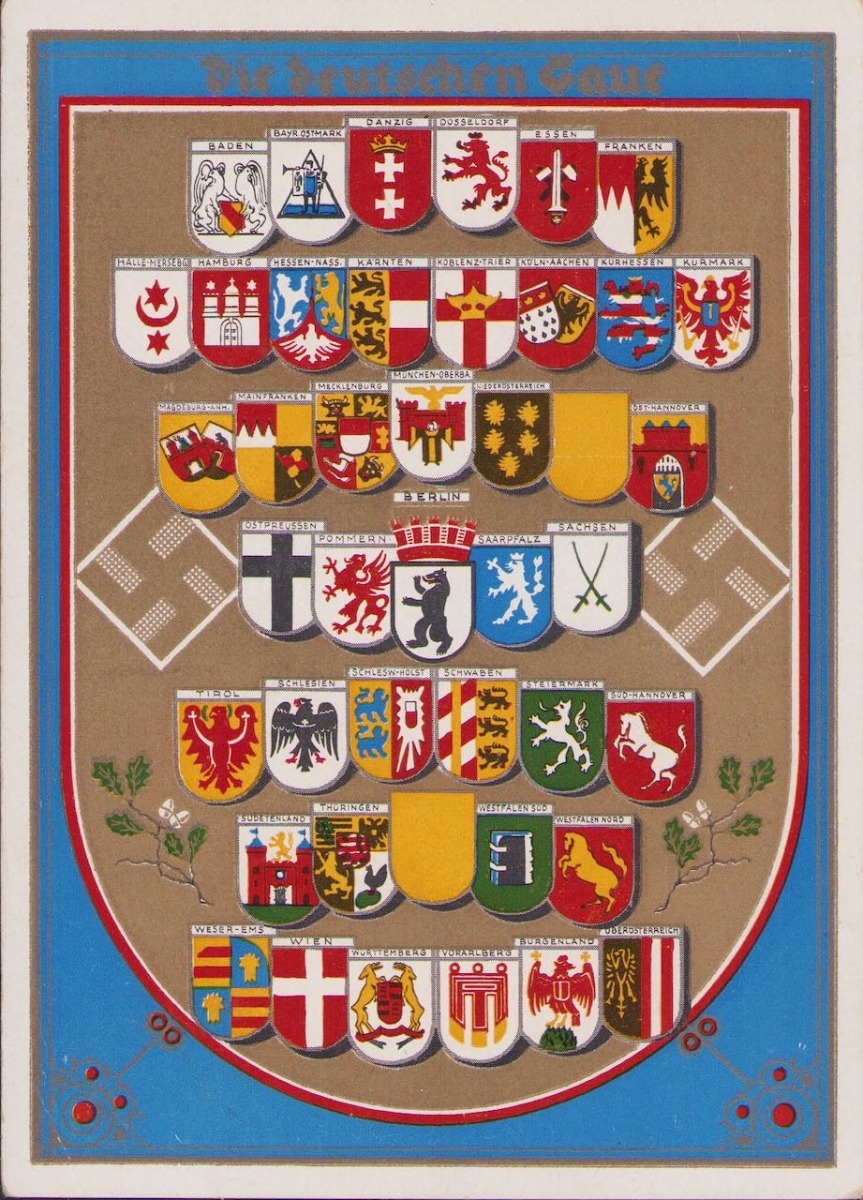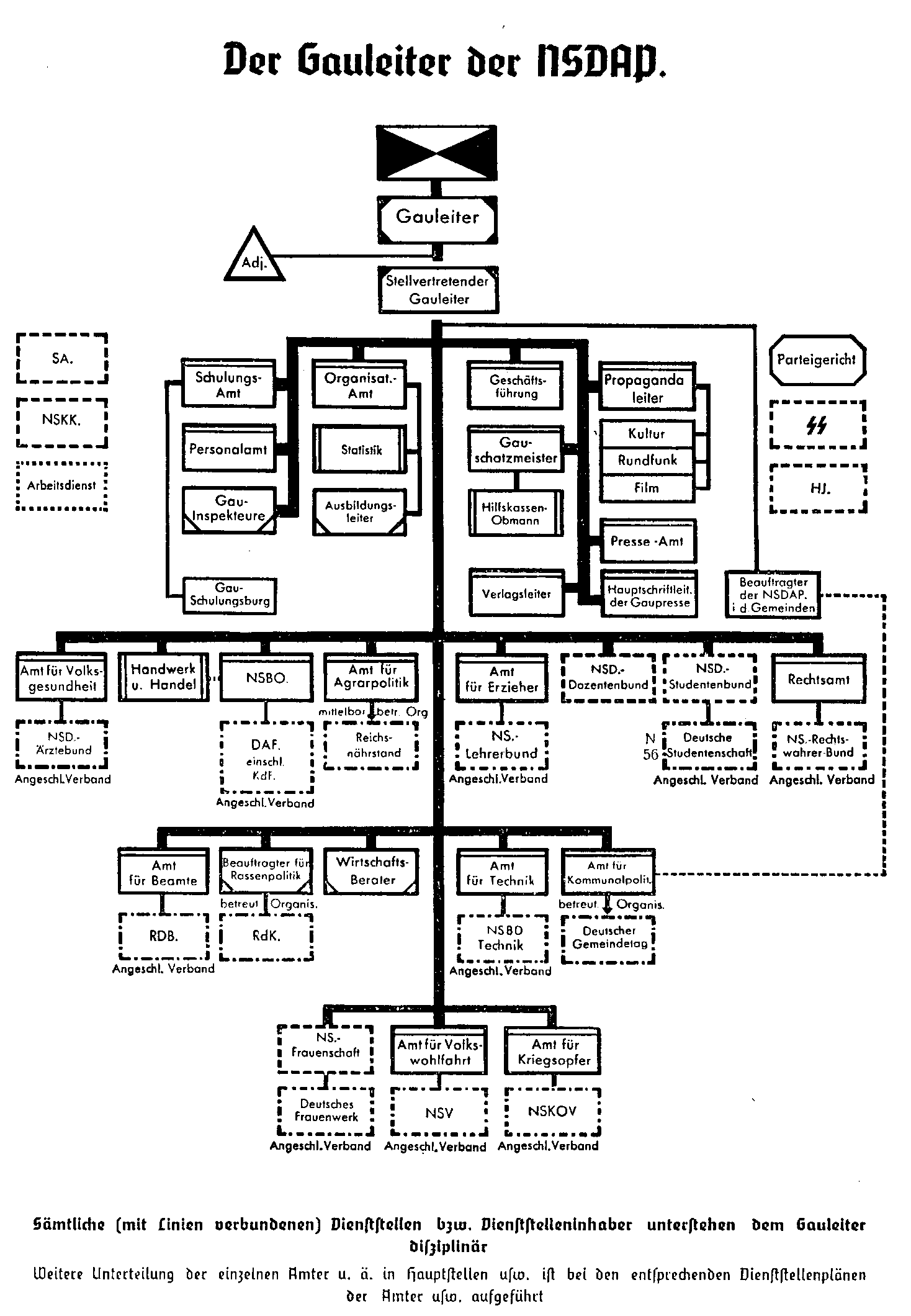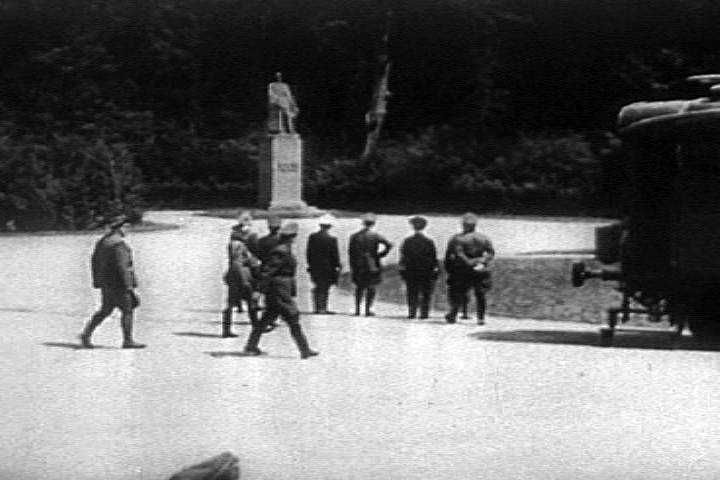|
Schirmeck Concentration Camp
Schirmeck concentration camp, known in French as Camp de Schirmeck, in German Sicherungslager Vorbruck-Schirmeck, was a Nazi concentration camp located in the commune of Schirmeck, in the Bas-Rhin region of annexed Alsace, which operated from August 1940 to November 1944 during the German military administration in occupied France during World War II of Alsace. It was intended for men and women from Alsace and Moselle (department), Moselle who had resisted the Nazi regime, and for their families in reprisal. But in fact it took in prisoners from all over the world, as individual fates changed and Nazi repressive laws evolved. In particular, more than a hundred resistance fighters belonging to the Alliance network, 108 of whom were murdered on the night of September 1 to 2, 1944, transported to the Struthof camp for execution along with 360 other prisoners. Designation The German authorities used different names for the camp, which apparently depended on the reason for imprisonm ... [...More Info...] [...Related Items...] OR: [Wikipedia] [Google] [Baidu] |
Arbeit Macht Frei
() is a German phrase translated as "Work makes one free" or, more idiomatically, "Work sets you free" or "Work liberates". The phrase originates from the title of an 1873 novel by Lorenz Diefenbach and alludes to John 8:31–32. Following the Nazi Party's rise to power in 1933, the phrase became a slogan used in programs implemented to combat mass unemployment in Germany. Today, it is primarily known for its use above the entrance of Auschwitz and other Nazi concentration camps. Because prisoners were generally not released from the camps and performed forced labor under horrific conditions, the phrase has come to be understood as meaning that the only way for prisoners to gain a sort of freedom was to work until they died. Origin The expression comes from the title of an 1873 novel by the German philologist Lorenz Diefenbach, , in which gamblers and fraudsters find the path to virtue through labour. "The truth will set you free" () is a statement of Jesus found in J ... [...More Info...] [...Related Items...] OR: [Wikipedia] [Google] [Baidu] |
Stalag
In Germany, stalag (; ) was a term used for prisoner-of-war camps. Stalag is a contraction of "Stammlager", itself short for ''Kriegsgefangenen-Mannschaftsstammlager'', literally "main camp for enlisted prisoners of war" (officers were kept in an " Oflag"). Therefore, "stalag" technically means "main camp". Legal definitions According to the Third Geneva Convention of 1929 and its predecessor, the Hague Convention of 1907, Section IV, Chapter 2, these camps were only for prisoners of war, not civilians. Stalags were operated in both World War I and World War II and were intended to be used for non-commissioned personnel (enlisted ranks in the US Army and other ranks in British Commonwealth forces). Officers were held in separate camps called '' Oflag''. During World War II, the ''Luftwaffe'' (German air force) operated ''Stalag Luft'' in which flying personnel, both officers and non-commissioned officers, were held. The ''Kriegsmarine'' (German navy) operated '' Marl ... [...More Info...] [...Related Items...] OR: [Wikipedia] [Google] [Baidu] |
Appellplatz
Appellplatz (often spelt ''appelplatz'') is a Compound (linguistics), compound German language, German word meaning "roll call (other), roll call area": (''wikt:Appell, Appell'' + ''wikt:Platz#German, Platz''). In English, the word is generally used to describe the location for the daily roll calls in Nazi concentration camps. Concentration camp usage Roll calls were a key component of the daily regimen in Nazi concentration camps, carried out to count the prisoners but also to inspect, humiliate, weaken and intimidate them. All prisoners were made to line up in rows and be counted very early in the morning and again at night. Even the bodies of those who had died since the previous roll call had to be brought to the Appellplatz to be counted. Roll calls were held year-round no matter the weather, be it driving snow, pouring rain or extreme temperatures. Prisoners were made to stand at attention the entire time it took to count thousands of prisoners, which had to ... [...More Info...] [...Related Items...] OR: [Wikipedia] [Google] [Baidu] |
Gestapo
The (, ), Syllabic abbreviation, abbreviated Gestapo (), was the official secret police of Nazi Germany and in German-occupied Europe. The force was created by Hermann Göring in 1933 by combining the various political police agencies of Free State of Prussia, Prussia into one organisation. On 20 April 1934, oversight of the Gestapo passed to the head of the ''Schutzstaffel'' (SS), Heinrich Himmler, who was also appointed Chief of German Police by Hitler in 1936. Instead of being exclusively a Prussian state agency, the Gestapo became a national one as a sub-office of the (SiPo; Security Police). From 27 September 1939, it was administered by the Reich Security Main Office (RSHA). It became known as (Dept) 4 of the RSHA and was considered a sister organisation to the (SD; Security Service). The Gestapo committed widespread atrocities during its existence. The power of the Gestapo was used to focus upon political opponents, ideological dissenters (clergy and religious org ... [...More Info...] [...Related Items...] OR: [Wikipedia] [Google] [Baidu] |
Schutzstaffel
The ''Schutzstaffel'' (; ; SS; also stylised with SS runes as ''ᛋᛋ'') was a major paramilitary organisation under Adolf Hitler and the Nazi Party in Nazi Germany, and later throughout German-occupied Europe during World War II. It began with a small guard unit known as the ''Saal-Schutz'' ("Hall Security") made up of party volunteers to provide security for party meetings in Munich. In 1925, Heinrich Himmler joined the unit, which had by then been reformed and given its final name. Under his direction (1929–1945) it grew from a small paramilitary formation during the Weimar Republic to one of the most powerful organisations in Nazi Germany. From the time of the Nazi Party's rise to power until the regime's collapse in 1945, the SS was the foremost agency of security, mass surveillance, and state terrorism within Germany and German-occupied Europe. The two main constituent groups were the '' Allgemeine SS'' (General SS) and ''Waffen-SS'' (Armed SS). The ''Allgemeine ... [...More Info...] [...Related Items...] OR: [Wikipedia] [Google] [Baidu] |
Sicherheitsdienst
' (, "Security Service"), full title ' ("Security Service of the ''Reichsführer-SS''"), or SD, was the intelligence agency of the Schutzstaffel, SS and the Nazi Party in Nazi Germany. Established in 1931, the SD was the first Nazi intelligence organization and the Gestapo (formed in 1933) was considered its sister organization through the integration of SS members and operational procedures. The SD was administered as an independent SS office between 1933 and 1939. That year, the SD was transferred over to the Reich Security Main Office (''Reichssicherheitshauptamt''; RSHA), as one of its seven departments. Its first director, Reinhard Heydrich, intended for the SD to bring every single individual within the Third Reich's reach under "continuous supervision". Following Germany's defeat in World War II, the tribunal at the Nuremberg trials officially declared that the SD was a criminal organisation, along with the rest of Heydrich's RSHA (including the Gestapo) both individually ... [...More Info...] [...Related Items...] OR: [Wikipedia] [Google] [Baidu] |
Gustav Adolf Scheel
Gustav Adolf Scheel (22 November 1907 – 25 March 1979) was a German physician and Nazi Party official. He served as a "multifunctionary" in Nazi Germany, including posts as the Reich Student Leader leading both the National Socialist German Students' League and the German Student Union, as an SS member and ''Sicherheitsdienst'' employee, as a Higher SS and Police Leader, as well as ''Gauleiter'' and ''Reichsstatthalter'' in Reichsgau Salzburg. He was also an ''Einsatzgruppe'' commander in occupied Alsace and he organized the October 1940 deportation of Karlsruhe's Jews to extermination camps. Early years Born as a Protestant pastor's son in Rosenberg, North Baden, Scheel attended classical gymnasium schools in Freiburg, Tauberbischofsheim and Mannheim. While still a schoolboy, he became involved in nationalist circles of the German Youth Movement and Nazi groups. Beginning in the summer semester of 1928, he studied law, political economy and theology at Heidelberg Univ ... [...More Info...] [...Related Items...] OR: [Wikipedia] [Google] [Baidu] |
Befehlshaber Der Sicherheitspolizei Und Des SD
''Befehlshaber der Sicherheitspolizei und des SD (BdS)'', or Commanders of the Security Police and the SD, were regional commanders of the Nazi ''Sicherheitspolizei'' (SiPo – security police) and the ''Sicherheitsdienst'' (SD – security service). They reported directly to the Reich Security Main Office (RSHA) of the ''Schutzstaffel'' (SS). The first of these positions was created in 1939 before the Second World War to administer security and intelligence functions in German-occupied Europe. They were instrumental in executing the Nazi policy of terror, mass murder and genocide during the Holocaust. Background The ''Schutzstaffel'' (SS) was the elite paramilitary organization of the Nazi Party. In June 1936, ''Reichsführer-SS'' Heinrich Himmler was also appointed the Chief of German Police in Nazi Germany. One of Himmler's first actions was to place the ''Kriminalpolizei'' or Kripo (criminal police) and the Gestapo (secret state police) under a new umbrella organization cal ... [...More Info...] [...Related Items...] OR: [Wikipedia] [Google] [Baidu] |
Reichsgau
A (plural ) was an administrative subdivision created in a number of areas annexed by Nazi Germany between 1938 and 1945. Overview The term was formed from the words (realm, empire) and , the latter a deliberately medieval-sounding word with a meaning approximately equivalent to ''shire''. The were an attempt to resolve the administrative chaos resulting from the mutually overlapping jurisdictions and different boundaries of the NSDAP Party , placed under a Party , and the list of historic states of Germany#States of the Weimar Republic, federal states, under a responsible to the Ministry of the Interior (Germany), Ministry of the Interior (in the Provinces of Prussia, Prussian provinces, the equivalent post was that of ). Interior Minister Wilhelm Frick had long desired to streamline the German administration, and the were the result: the borders of party and those of the federal states were to be identical, and the party also occupied the post of . Rival interests and ... [...More Info...] [...Related Items...] OR: [Wikipedia] [Google] [Baidu] |
Robert Heinrich Wagner
Robert Heinrich Wagner, born as Robert Heinrich Backfisch (13 October 1895 – 14 August 1946) was a German Nazi Party official and politician who served as ''Gauleiter'' and ''Reichsstatthalter'' of Baden, and Chief of Civil Administration for Alsace during the German occupation of France in World War II. Following the end of the Second World War, Wagner was extradited to France where he was tried, sentenced to death and executed by firing squad. Early life Robert Wagner was born in Lindach in the Grand Duchy of Baden in the German Empire. He was the second of five children of Peter Backfisch and Catherine Wagner, a farming family. After attending '' volksschule'' in Lindach, he enrolled in 1910 in a preparatory school in Heidelberg and later in a teacher normal school there. At the outbreak of the First World War, Wagner abandoned his studies (which he never finished) and became a one-year volunteer in the Imperial German Army. He was assigned to the 110th (2nd Ba ... [...More Info...] [...Related Items...] OR: [Wikipedia] [Google] [Baidu] |
Gauleiter
A ''Gauleiter'' () was a regional leader of the Nazi Party (NSDAP) who served as the head of a ''Administrative divisions of Nazi Germany, Gau'' or ''Reichsgau''. ''Gauleiter'' was the third-highest Ranks and insignia of the Nazi Party, rank in the Nazi political leadership, subordinate only to ''Reichsleiter'' and to the ''Führer'' himself. The position was effectively abolished with the fall of the Nazi regime on 8 May 1945. History and development Origin and early years The first use of the term ''Gauleiter'' by the Nazi Party was in 1925 around the time Adolf Hitler re-founded the Party on 27 February, after the lifting of the ban that had been imposed on it in the aftermath of the Beer Hall Putsch of 9 November 1923. The word can be singular or plural in German usage, depending on its context, and derives from the German words ''Gau (territory), Gau'' and ''leiter'' (''leader''). The word ''Gau'' is an old term for a region of the German ''Reich'' (Empire). The Frankis ... [...More Info...] [...Related Items...] OR: [Wikipedia] [Google] [Baidu] |
Armistice Of 22 June 1940
The Armistice of 22 June 1940, sometimes referred to as the Second Armistice at Compiègne, was an agreement signed at 18:36 on 22 June 1940 near Compiègne, France by officials of Nazi Germany and the French Third Republic. It became effective at midnight on 25 June. Signatories for Germany included Wilhelm Keitel, a senior military officer of the Wehrmacht (the German armed forces), while those on the French side held lower ranks, including general Charles Huntziger. Following the decisive German victory in the Battle of France, the armistice established a German occupation zone in Northern and Western France that encompassed about three-fifths of France's European territory, including all English Channel and Atlantic Ocean ports. The remainder of the country was to be left unoccupied, although the new regime that replaced the Third Republic was mutually recognised as the legitimate government of all of Metropolitan France except Alsace–Lorraine. The French were also p ... [...More Info...] [...Related Items...] OR: [Wikipedia] [Google] [Baidu] |


